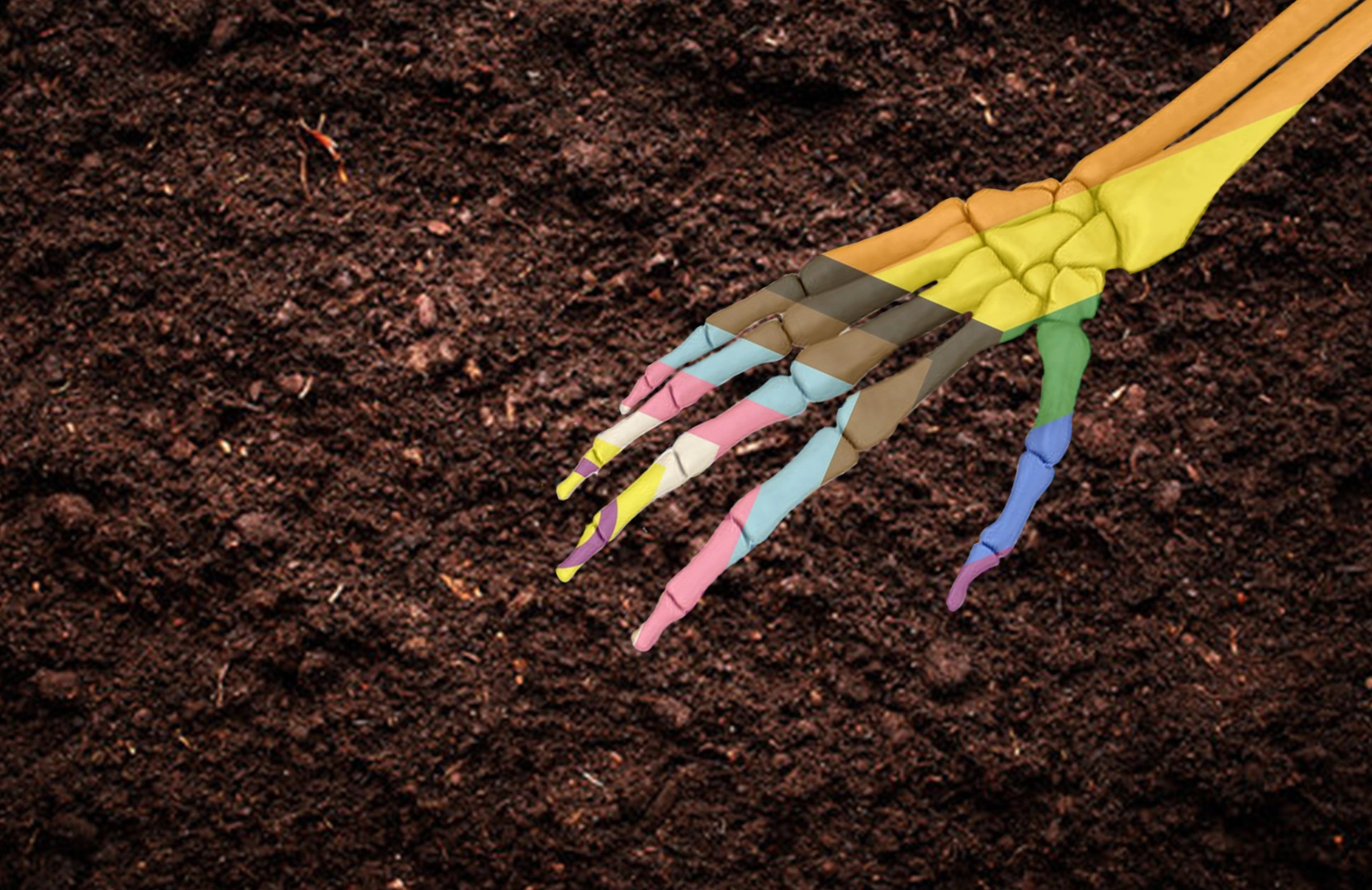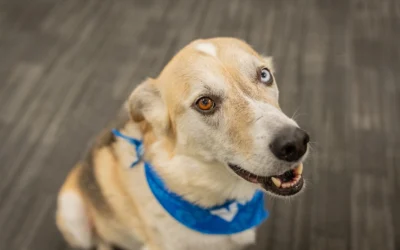Some of Dr. Katie Biitnner’s thoughts on being a Queer anthropologist researching the beginnings of our digital age.
It was a full house when I attended the Queer Speaker Series on Jan. 15, featuring MacEwan professor Dr. Katie Biittner and her research. The audience ranged from young children to typical MacEwan students to the adult staff of MacEwan. Her own students were buzzing with excitement. Biiitner started the presentation by casually coming out as a polyamorous bisexual for those who were not familiar with her.
Defining queer research as “actively and explicitly challenging heteronormativity of science practice,” she explained that archeology is defined as the study of the materials of the human past, and described her own research as queer because it’s based on the study of digital artifacts. Digital artifacts can range from any hardware that generates the software, to the software images in a digital setting. She explained her background as an anthropologist, from the evolution of her research studying basket weavers of Tanzania, to studying the code of Atari games. Biittner then talked about how her research partner was also a member of her polycule and how their relationship has enhanced their research. Intrigued by the unspoken potential of archeo-gaming, Biittner and I sat down for an interview about her work and her queerness, after her presentation.
Does the line between professionalism and personal get messy? Or, do you find that there’s no line?
There still is a line, right? But what I was trying to argue for in my talk is that I also don’t agree with some of the lines that have been drawn between professional and personal because I think that they are rigid dichotomies that don’t actually exist in practice.
At the end of the day, I have a job to do, but why does that mean that I can’t actually know the name of my research collaborators’ partner or their children, or that I can’t enjoy spending time with them outside the context of research?
I think that the line between personal and professional is always, and has always been, blurry. I think the problem is when we deny that it’s a messy, muddy ground that we’re going into, and I think instead what we have to think about is being ethical and responsible for our behavior.
Because we see the human in each other first and foremost, right? We value that, we nourish the relationship that we have, and we acknowledge that, but first and foremost, it needs to be, it’s centered on our research, right, that’s where it comes from first. The fact that we get along is what is the richness of it, right? It’s allowing us to do what we do, and I think it’s allowing us to be as successful as we are.
I read an article about how data in Discord tends to disappear, based on the way it functions. How do you feel about that as an archeologist?
…No archaeological site is a 100 per cent complete and accurate representation of what life was like when that site was living, active, at that point in time, right? All sites are subject to what are called site formation processes. All, everything is subject to issues of preservation, to loss and decay.
My job as an archaeologist is to try to put together all these fragmentary pictures and come
up with a coherent narrative, okay? The reality is that we cannot preserve everything. We cannot protect everything, nor do we have to, right?
However, we should be asking a question.
What is valuable to protect? Why do we want to protect it? What will it take to protect it? How will we protect it, right? We have to ask those questions because it helps us make decisions about our actions into the future, but we also have to ask those questions because it also reflects a lot about our own cultural values and our own cultural understanding.
Do you have an opinion on Lara Croft?
…I love, as I do, any kind of media that brings archaeology into the public’s attention. I struggle with the poor representation. I struggle with her over-sexualization. I think she’s cool. Do I wish I could kind of be like her? Yeah, she’s badass, right? I like how powerful she is. I like how smart she is. But is she an archaeologist? No, she’s not a real-world archaeologist, but that’s not the point. It’s a video game. It’s supposed to be fun. Would an archaeology simulator that shows what I do most of the time be that fun? No, I don’t want to play a game like that. Some people might think it’s fun, but it’s my day-to-day lived experience, so I don’t have a problem with Lara. I have a problem sometimes with, like I said, with the society that created her…
…I think she’s great. She makes people think about archaeology. She made people interested in archaeology. She gives me something to talk about when people are like, ‘Oh, you’re an archaeologist like Lara Croft?’ Yes and no. I have a long braid like her. I like to think I’m a badass like her, but I don’t steal stuff. I don’t store it away, right? And then I get to use it to illustrate what archaeologists really do, and hopefully try to make it interesting for people as well.
Graphic by Amanda Erickson





0 Comments